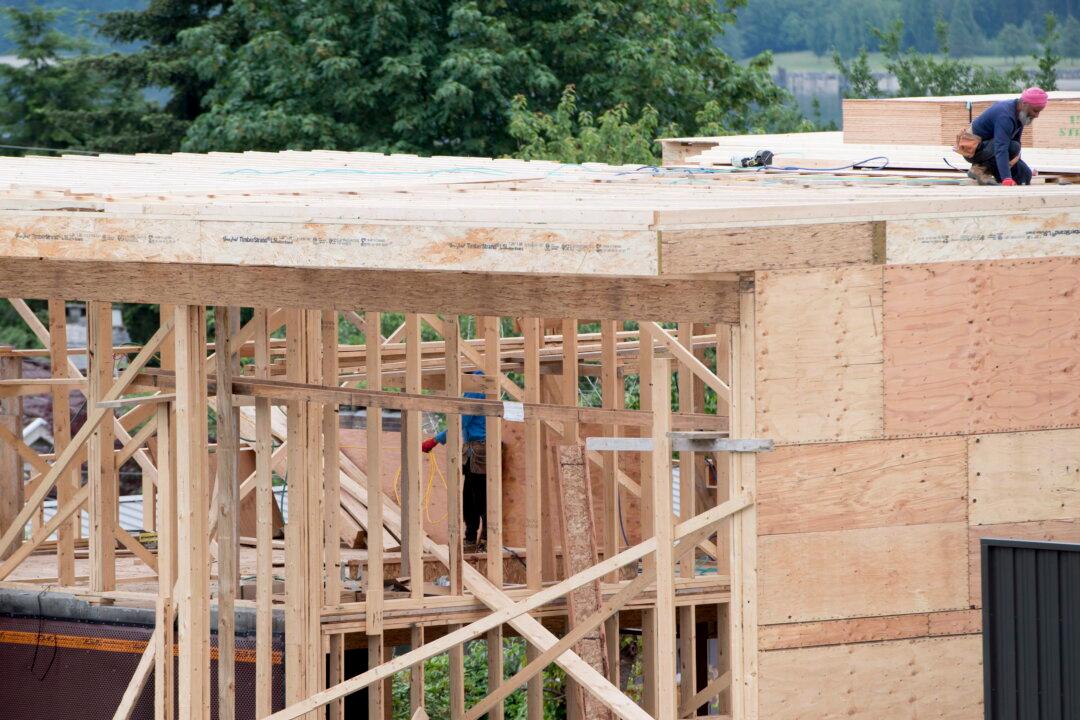While most municipalities have experienced a drop in housing starts, Montreal, Edmonton, and Calgary have been booming, according to a Canada Mortgage and Housing Corporation (CMHC) report.
Housing start statistics for June, which were released on July 16, show that in cities with over 10,000 people, new home construction dropped 13 percent in June, compared to 2023.





